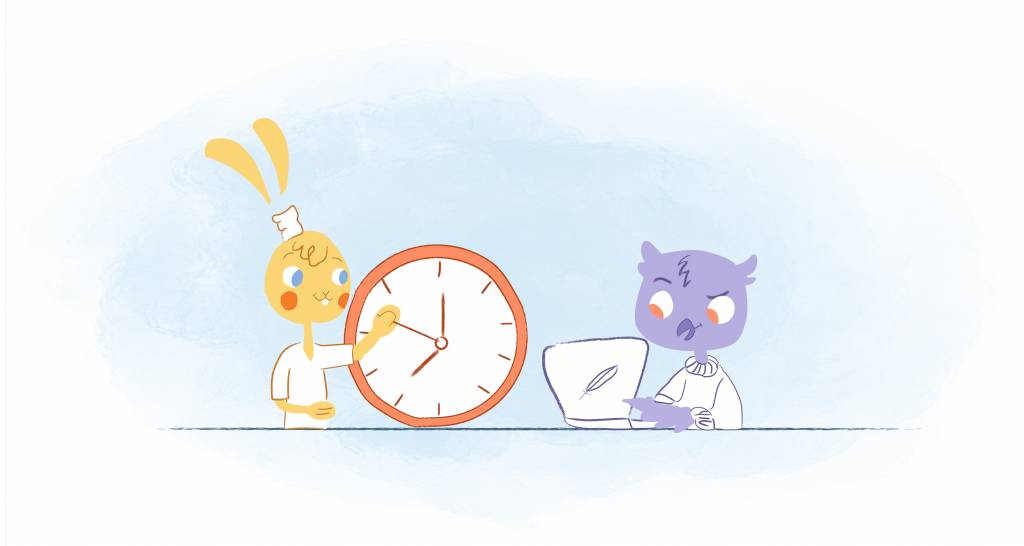

Many people have ideas of what they want the upcoming year to look like. Some may even come up with long-term goals or milestones to work toward. While there’s always positive intent behind these goals, there is often insufficient planning and structure. Many struggle to stay dedicated to their plans as the year progresses. By summer, people have forgotten about the targets they set at the beginning of the year.
However, if more time and thought are put into creating New Year resolutions and long-term goals, there’s a better chance of commitment and progress. Goals like “become more active” or “eat healthier” aren’t bad objectives, but they are not specific or personal enough. People often forget to put pen to paper, so aspirations aren’t organized plans but ideas in their heads. When you put more effort into planning your year with your objectives in mind, you have a better chance of staying on track.
The following are ways to create intentional goals and design a schedule that helps you achieve your best goals in the new year.
Get Organized
As you begin planning out your year, you must use the best tools at your disposal. Platforms like Calendar or Microsoft Outlook make scheduling and coordinating your life easier. Features like color coding and weekly views can help you understand your schedule at a glance. Setting up recurring reminders will keep time-sensitive objectives at the top of your mind.
Once you’ve determined your plans for the upcoming months, you can start dedicating time toward progress in your schedule. Reserving an hour or two weekly toward your goals will allow you to focus on progress and prevent you from losing sight of your goal. Setting different deadlines within your calendar will assist in monitoring your progress. For example, if there’s a particular milestone you’d like to hit by July, highlight that date on your calendar. (If you have a print planner, you could add stickers and circle them to add anticipation and excitement.)
There are ways to organize your time amongst a group of people. When you add partners and children to the mix, it’s easy to lose sight of your own desires and needs. Your goals are just as important as any that you share with a partner. By creating a family calendar, you can efficiently allocate time during the week in a way that works for both you and others in your household. Shared goals, like a desire to go to couples counseling, may be efficiently planned by creating a shared calendar.
Professional Goals
When determining your professional ambitions for the year, it’s easy to get swept up in work and forget about your targets. It’s critical to dedicate a year-long plan so that you don’t lose sight of what’s important to you in your career.
Job Searching
Unfortunately, layoffs are a common occurrence. More and more people are losing work unexpectedly, creating competition in the job market. If you’re heading into the new year unemployed, creating a game plan will help you best organize your time while avoiding burnout.
Set aside specific times during your day to focus on job hunting and ensure time for hobbies and self-care. Set goals for how many jobs you want to apply to, and set deadlines. Creating a routine will give you something to look forward to. This way, you can stay motivated when job hunting progress seems slow.
Work/Life Balance
Take a step back and reflect on how your last year has been. It’s appropriate to adjust professional goals as they align with your workload and stress levels during this time. If you find yourself putting in a lot of hours, for example, setting boundaries may be a beneficial goal for you. Blocking off time in your calendar for lunch breaks and time off will encourage you and your colleagues to respect your schedule.
By reflecting on your year, you can determine if a more significant change is needed. Finding a new job with a better balance may be worthwhile if you’re feeling overwhelmed in your current role. Planning a week or two of vacation is another good way to reserve some self-care time during the year.
Promotions
Planning your time is essential for those working toward promotions or other achievements. Start by scheduling calls with supervisors and mentors to receive feedback. Get your manager’s advice on best working toward a promotion in the new year. Schedule follow-up meetings to discuss your progress as you start working on the timeline. Planning these dates will hold you accountable and prevent you from forgetting your personal goals.
As you become involved in projects and make achievements, note your main takeaways. Your notes will help you advocate for yourself later on when negotiating for a promotion.
Outside of Work
Focusing on personal aspirations is often challenging when work takes up so much time out of your week. But when you approach your goals with a structured plan, milestones become much more achievable.
Fitness
Whether you’re focusing on weight loss or just feeling better, improving your health is a goal that takes a lot of time and effort. As mentioned, most people lose sight of health goals because they don’t plan intentionally. One way to better plan your year is by setting milestones in your calendar. For example, you can set a goal to complete 200,000 steps monthly. A fitness tracker can help you measure and track this progress over time. Those hoping to run marathons may find it beneficial to block time for their runs in the weeks leading up to the big day.
Mental Well-being
For most people, it takes an active effort to improve mental health over time. It’s another goal that’s easily tossed to the wayside during stressful time periods. Creating a repeated routine makes it easier to stick to your goals, even during a busy week. For instance, in this case, meditating before bed every night will contribute to your well-being while preparing you for good rest. Carving out time for therapy, meditation, and journaling are other ways to nurture your mental well-being over the year.
Education
If you’re continuing education next year, you can expect to have much on your plate. It’s become more common for people to seek out degrees while working a full-time job. For those in this boat, staying organized is essential for getting good grades. Putting classes, homework, and test dates on your schedule will help you keep track of deadlines without relying on your memory. An organized calendar allows you to manage work hours when you need to take time off to study. Don’t forget to highlight the weeks of finals, midterms, and holiday breaks in your planners as well!
Planning is Essential
Regardless of what you hope to accomplish this year, becoming more organized will help you plan your time intentionally. Reflect on this year and what changes you would like to make for yourself. As you start thinking about 2025, consider ways to incorporate your long-term goals into your regular schedule.
Using calendar features and time blocking will encourage you to dedicate time toward your ambitions. Setting aside time to plan out your timeline will help you stay accountable and make progress on your targeted growth areas. By planning with intent, those goals may soon turn into achievements, leaving you to end the year on a high note.
Featured Image Credit: Photo by Photo By: Kaboompics.com; Pexels











Howie Jones
My name is Howie and I'm a Customer Success Manager at Calendar. I like to ensure our customers get the best experience using our product. If you have questions email me howie at calendar.com